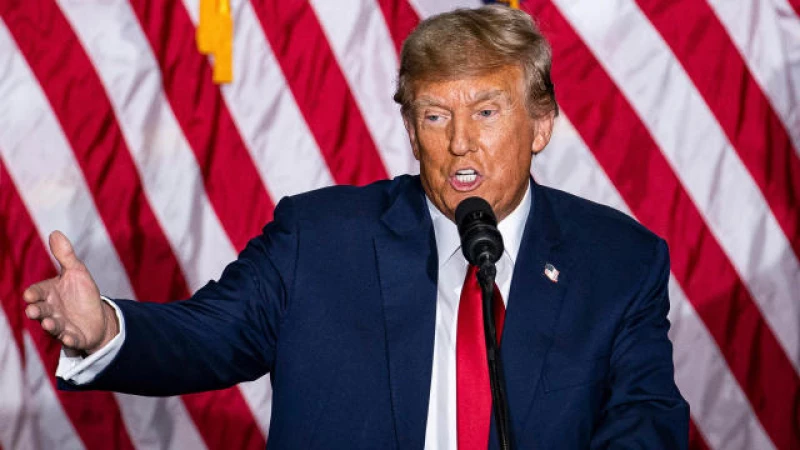Washington — Former President Donald Trump's margin of victory in Monday's Iowa caucuses smashed the previous record for Republican presidential candidates, underscoring the broad support he attracted in the first contest of the 2024 nominating process.
Trump won the support of 51% of Iowa caucusgoers, a 30-point victory over Florida Gov. Ron DeSantis, who came in second place with 21% of support. Former U.S. Ambassador to the United Nations Nikki Haley won 19% to come in third.
Since the advent of the modern primary process in 1972, the previous record for margin of victory in a competitive GOP race in Iowa was set by Sen. Bob Dole, who beat evangelical heavyweight Pat Robertson by 13 points in the 1988 caucuses. Dole won 37.4% of the straw poll to Robertson's 24.6% and George H.W. Bush's 18.6%. Dole bowed out of the race in March of that year, and George H.W. Bush became the Republican nominee, so an easy victory in the Iowa caucuses doesn't necessarily mean clinching the GOP nomination. In fact, the past three GOP winners in Iowa ended up losing the nomination.
Previous Iowa caucuses have been quite competitive. In 2016, Sen. Ted Cruz narrowly defeated Trump by only three points. Trump, however, went on to secure the GOP nomination and ultimately win the presidency. Similarly, in 2012, Rick Santorum edged out Mitt Romney by a mere 34 votes out of a total of 121,501 cast.
Trump's victory in Iowa on Monday was not unexpected, nor was the margin of his triumph. Precaucus polls consistently indicated that he was the clear frontrunner in the state. The significant margin of his win can be attributed to his improved standing with Iowa's predominantly White, evangelical Republican electorate since the previous election in 2016.
Trump continues to be the favored candidate among the Republican base nationwide. According to a recent CBS News/YouGov poll conducted among likely GOP primary voters, 69% would support Trump if the election were held today, while only 14% would support DeSantis and 12% would support Haley. Furthermore, Trump's support among likely GOP primary voters has steadily increased in recent months.







